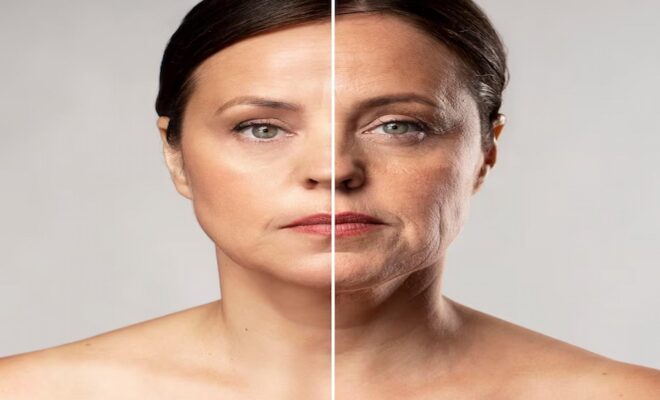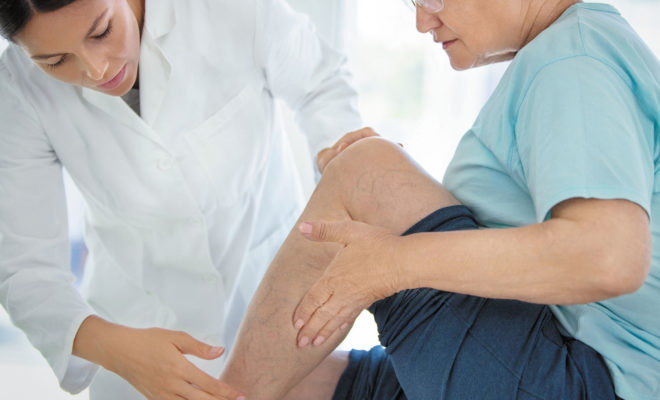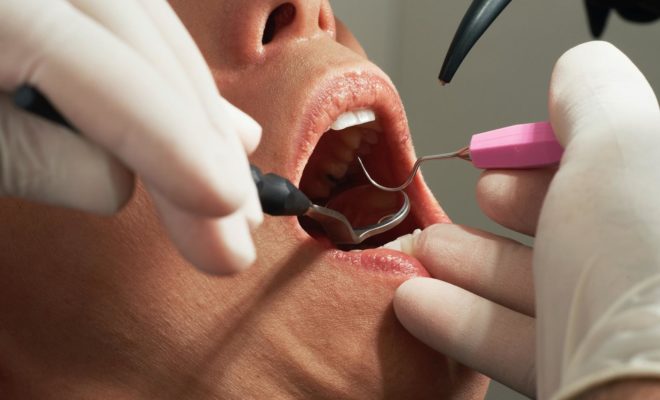Panic Attacks

A month and a half ago, a friend of mine rushes into the room, frightened, with a pale face. She sat on the floor with her arms wrapped around her body and started crying uncontrollably. Guessing it to be a panic attack I approached, but she turns around and sits with her face facing the wall.
Not ready to be approached, fearing some impending doom or danger she continues her sobbing. She, completely unaware of the circumstances, continues to tolerate the pain. Just like her, not many of us are aware of what panic attacks are and misunderstand it to be a mental disorder, which makes it difficult for the person to accept themselves as normal.
My friend, when informed about that attack, she herself starting doubting her mental stability. But when treated with care and concern, she now creates awareness.
Panic attacks are sudden, these can happen due to intense fear, stress or anxiety. When a person is suffering from panic disorder, the attacks which occur are called panic attacks. Panic attacks mostly begins in late adolescence and early adulthood. Panic attacks typically reach their peak level of intensity in 10 minutes or less and then it subsides but the symptoms can continue for hours.
It is much unexpected and can occur even though the person is in a calm state. Panic attacks are not uncommon for individuals to experience in context of other psychological disorders. Panic attacks are unpleasant and very frightening. People with this disorder usually live in fear of having another attack.
This disorder can be treated. Panic attack leads to rapid heartbeat, rapid breathing, sweating, shaking, chest pain, feeling unusually hot or dizziness.
During a panic attack, the body releases large amounts of adrenalines into the bloodstream. Panic attacks can be linked to agoraphobia, a fear of places. There is no exact cause of panic disorder. It can be a combination of factors, including biology and environmental stress. The combination of factors can be-
- Family history, if any of the parent is suffering from panic disorder
- Panic disorder can be caused by any problems in parts of brain and nervous system
- Drugs and alcohol also contributes to panic disorder
- Some stressful events like depression, can also lead to panic attacks.
Helping to beat Anxiety
Panic attacks are certainly able to be managed if not erradicated. So how does one relieve anxiety? Here is an article on natural remedies for anxiety. You can certainly try some natural remedies like chamomile tea, kava kava and passion flower. They may help but if you have never tried meditation then certainly this can help you. You need to stick at it for a few tries before it starts to work as initially your mind wants nothing more than to run and run with endless unhelpful threads. Training it much like you might train your cardiovascular fitness works. It can also help to speak to friends and family but also unrelated professionals who can cast an objective viewpoint and help to uncover the real causes of your issues.
The nhs and how to deal with depression
We as a society need to understand that panic attacks are just a change in stigma in our brain which leads to immediate fear. Instead of asking a person to calm down during an attack, we can be of best help if we ask them what they want and try our level best to provide it to them.
Rather than embarrassing them, we can provide them the mental support they need. The best thing we can do for a person having an attack is, respect their answer – even if they say that they can handle it alone. It is a myth that a person having a panic attack is mentally unstable. We need to learn facts to separate myth about panic attacks from reality so that we can make all the difference, both to people who experience panic attacks, and for those who want to understand how to support the people they love.











